For nearly as long as video games have existed, and especially in the the last 15 years, there has been a heated debate as to whether gaming is superior on consoles or PC.
Handheld gaming has definitely always had a huge audience, many members of whom intersect with the console and PC crowd, but it’s never been quite as vocal or recognized in the media as the two other major platforms.
Allow me to ask a simple question to those of you who have ever owned a Game Boy, Nintendo DS, or Sony Handheld of some kind. How often have you been playing something on one of these systems in public and been asked by a stranger “Oh, is that Pokémon“?
This very situation has happened to me personally several times, and in most of those separate occasions, I was not playing Pokémon at all, but rather one of hundreds of other great games available on handheld systems. I feel that this example speaks to two separate points — the first being that Pokémon is still very popular and probably never won’t be, and secondly, that handheld gaming in general has a very simplified identity in the eyes of the general public.
I’m here to try and answer a question that’s been on the lips of quite a few people over the last few years:
Is handheld gaming on the way out? Has the accessible trend of mobile gaming, alongside traditional console and PC gaming, finally begun to succeed in making handhelds obsolete?
The answer may seem obvious, it’s a bit more complicated than you might think.

Let’s go into this matter a bit deeper.
The objective differences between handheld and mobile gaming platforms
For the sake of this argument, we’re going to examine the major appeals of handheld gaming compared to the other available types of gaming in the present market. Some have wondered for years if mobile gaming would be the handheld killer, seeing how people could now play cheap and addicting games on their phones with just the push of a button, and handhelds are much more complicated than that. But today, we’re going to examine this issue from a critical perspective, and show how the two spheres of gaming are completely different from one-another, and how both have their own, completely separate kind of appeal.
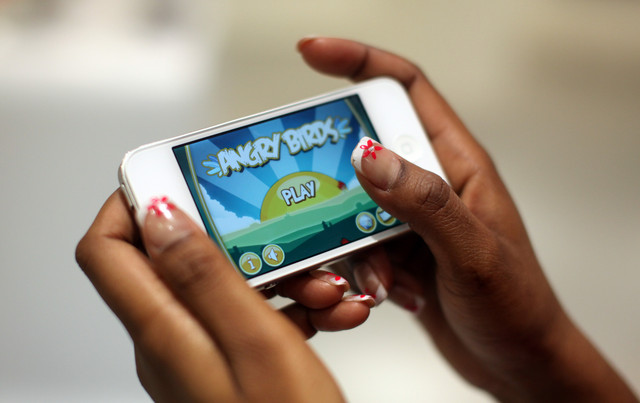
It may go without saying, but some people have yet to think about how different mobile stuff like THIS is from most handheld games.
When comparing handheld gaming to mobile gaming, the portability of them both is where the similarities end, as they have completely different design philosophies. Mobile gaming is a great place for simple games with simple design and objectives such as Angry Birds, Jetpack Joyride, and Fruit Ninja, where only a few fingers are needed. And their simplicity alongside their small size, makes them justifiably cheap; at only a dollar or two. While there are some more complex mobile games for hardcore gamers, the majority of popular mobile games are much more simplistic.
Handhelds these days, on the other hand, are objectively more complicated and capable gaming machines than mobile devices. There are a number of reasons for this. One is that handhelds have more built-in controls than nearly any given mobile game, as the touch-screen mobile movement is a far cry from the days of most phones having external keyboards, and the New 3DS alone has around 10 buttons (not counting the two control sticks and the D-Pad).
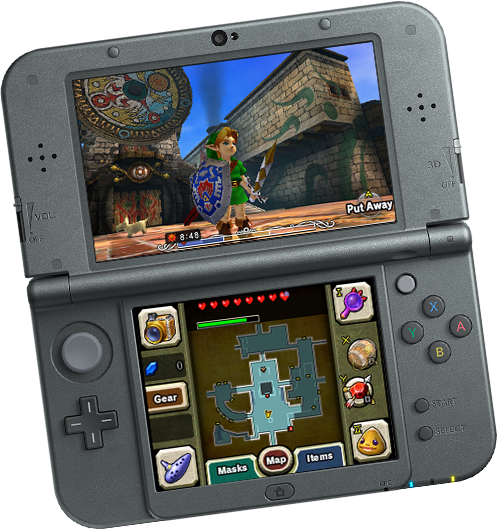
The shoulder buttons aren’t visible here, but the number of front buttons is still evident.
But the biggest difference between mobile and handheld devices is the simple fact that, in the beginning, mobile devices were not made for gaming. The average cell phone that could play Snake over 15 years ago was not specifically designed for that, and while iOS and Android have come to embrace gaming as a medium and put more time and effort into making their products into game-machines, that still isn’t what they are primarily made for.
There are games on mobile that are more mechanically and graphically complex than Angry Birds and Fruit Ninja, but most of them exist in the same category as the simpler examples — while handheld games, no matter how simple, are being made for the ground up for more powerful machines that have been specifically designed for playing games.
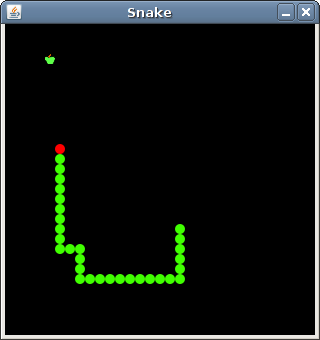
Mobile phones and tablets have definitely come a long way since this, but such devices still aren’t exclusively-designed gaming platforms.
Handhelds experiment a bit more than most platforms
The handheld sector of the gaming industry has also been, for a long time, one of the best corners of the industry to try out new ideas. From the more recent additions to handhelds like touch screens and gyroscopic controls, to the initial thrill of being able to play games like Tetris and Super Mario Bros. on the go, handheld gaming has, for the most part, always been a sphere with major innovations constantly occurring.
While not used as often as it could be, the back-touch-pad of the PlayStation Vita is quite a unique advancement, used especially well in Tearaway.
Not to mention, with technology constantly improving, the average AAA console or PC release just keeps getting bigger and prettier and more expensive with every passing year. Despite that, handheld gaming has stayed at a place where, no matter how expensive even a high-end handheld production may be, it’s still much cheaper than a typical console or PC game.
This means that while technology is always improving, which is a fact for handheld gaming as well, handhelds can exist in the middle of the investment-scale, and still have very large, deep, and pretty games, while still being less complex and grand on a technical scale, and allow for certain in-between-type games to find a place to belong.
Games like those in the Ace Attorney series, which have always been very long and progressively getting more graphically detailed and mechanically deep since day one, feel right at home on handhelds like the DS and 3DS.
The most recent installment in the series shows this off particularly well. It all looks very nice, but it wouldn’t feel right on a console.
While a few of the Ace Attorney games have been ported to consoles and mobile platforms — and decently well at that — their pick-up-and-play nature, as well as their relatively simple graphics and progression model, make them much more suited for handhelds. They are too small for consoles, and too grand for mobile.
A great example of a game made from the ground-up for handhelds is The World Ends With You. While not every exotic feature it had was necessarily implemented perfectly, The World Ends With You was made specifically for the Nintendo DS, and it simply could not be ported or remade close to it’s original vision on any other system except for the 3DS.
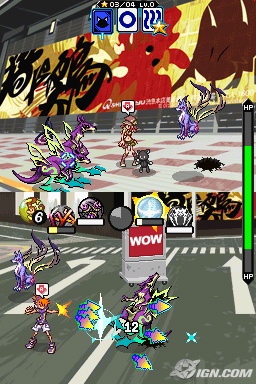
The use of the Nintendo DS’s dual screens, touch controls, face buttons, and microphone take full advantage of the system, but also make it impossible to replicate nearly anywhere else.
The World Ends With You received a iOS port called The World Ends With You: Solo Remix, which received very positive reviews, much like the original/ But the fact is that they weren’t the exact same game anymore. The iOS version is one of the few handheld-to-mobile ports that has come out in recent years — but even with it’s positive qualities, it will never be as mechanically deep as the original in the same way, because it simply cannot be.
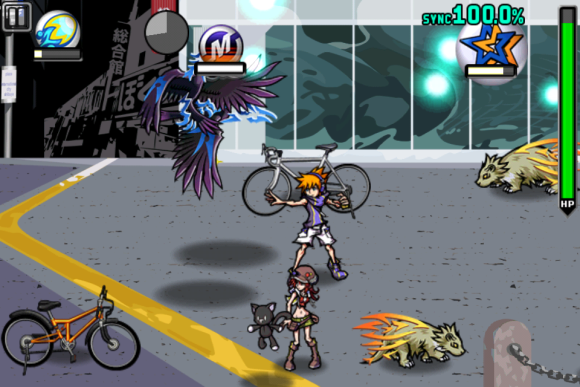
Great port, great game, but it isn’t quite the same experience as the original, because it literally can’t be.
What keeps handhelds popular?
In the end, what keeps handheld gaming popular, despite its technically superior competitors, is very simple. Some people just prefer to play games on handhelds. Some people may want a deep gaming experience, just at a cheaper cost, available at home or on the go, and without having to start-up and deal with a more complicated machine like a console or PC.
While the sales for handheld consoles in general have shrunk over the last generation of gaming, I don’t think at this point it would be fair to say handhelds are dying or on the way out. As long as there are people who want a cheaper or simpler gaming experience without sacrificing depth, or just people who want to play games differently than with console, PC, or mobile, there will always be people who love and support handheld gaming.
If nothing else, we can reasonably assume that Pokémon will still be around for a good while.

Pokemon…

…Pokemon never changes.

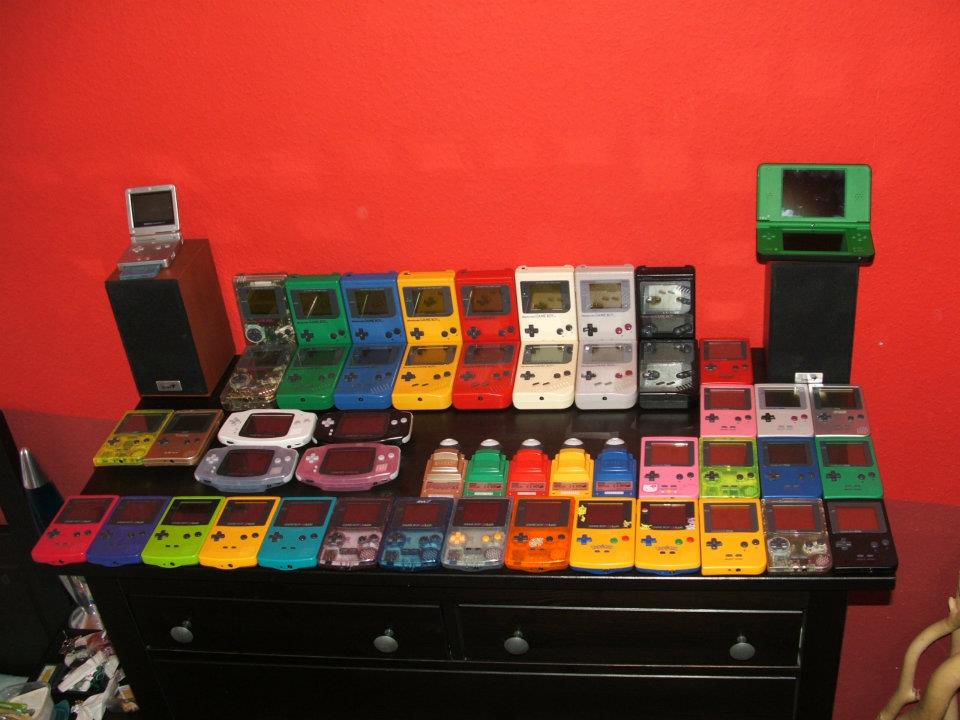
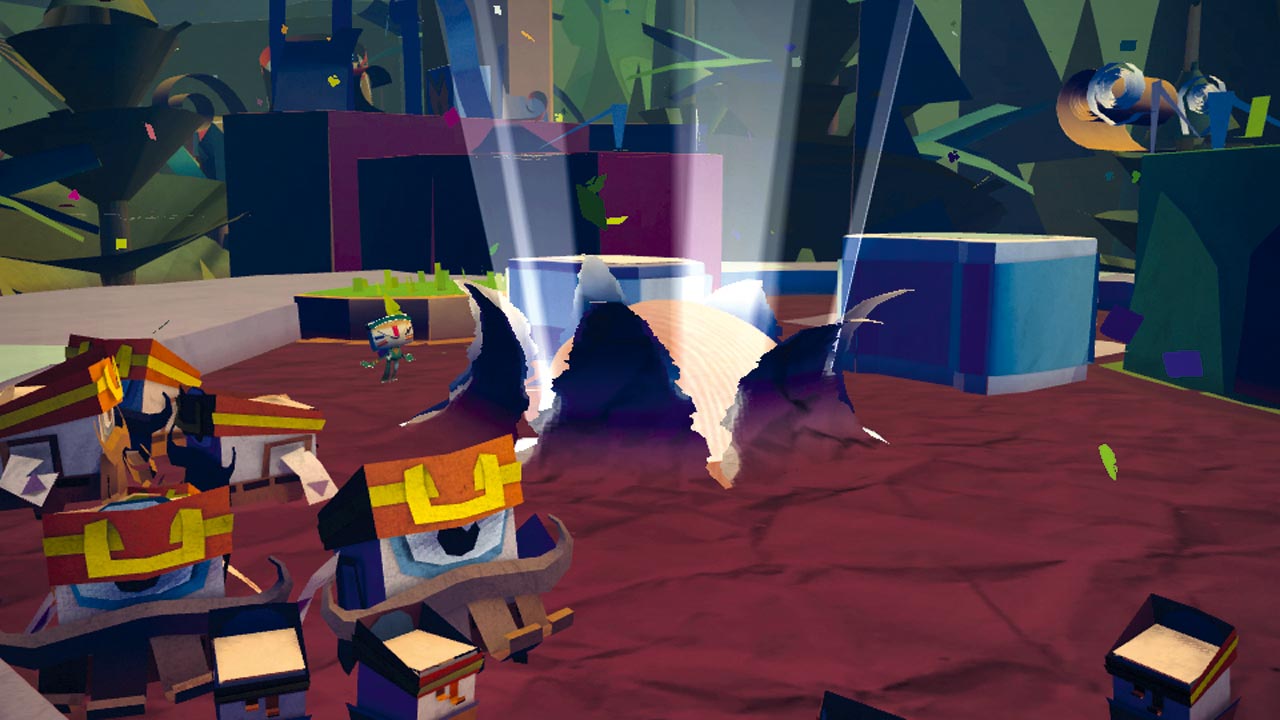






Published: Oct 2, 2016 12:42 pm